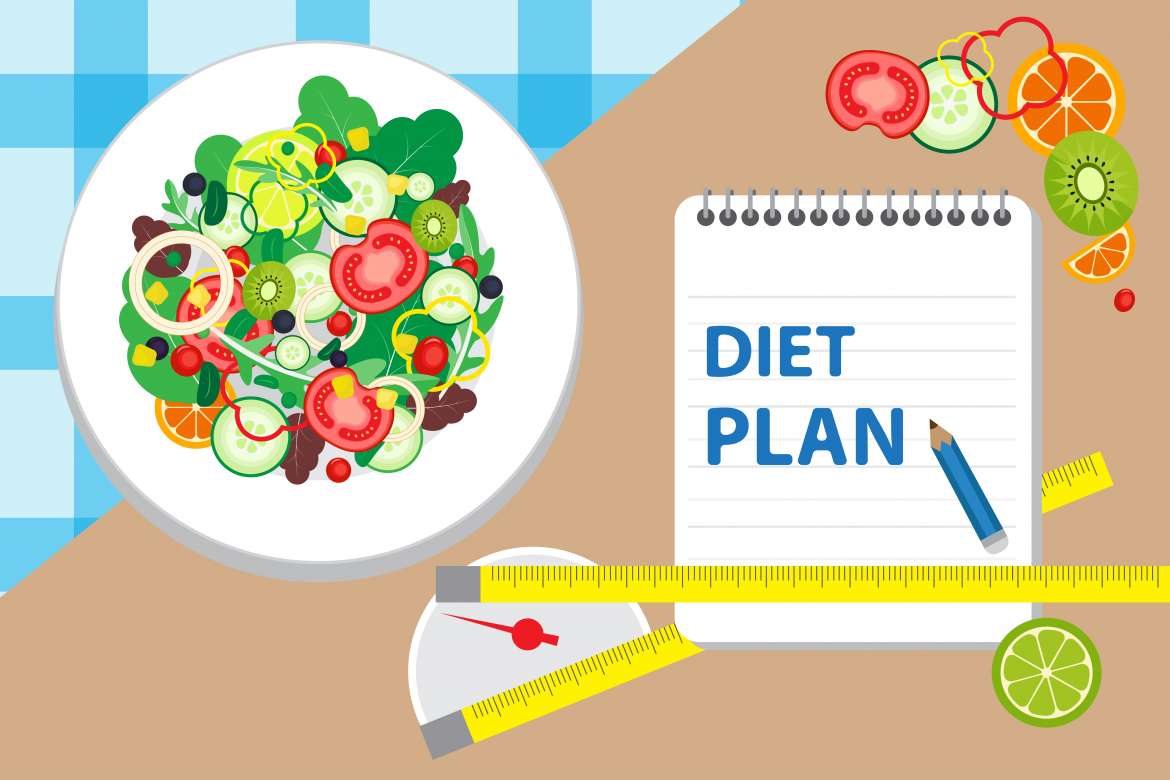In this post, I want to give you a few tips on how to do your own research when it comes to health and dieting. Since there are so many new diet trends popping up each year I will never be able to analyze each and every single one. So it is important you know how to do this yourself.
Over the next few paragraphs, I basically outline my thought process when I stumble across a new diet or a new piece of dieting advice that I haven’t seen before. I’m sure you will benefit from this and it will help you sort through all the information available on the internet a lot faster.
The first thing I do is look at the diet and see how it stands in regards to the most important dieting principles I generally talk about, like the importance of calorie balance and the ideal macronutrient split etc. What I’m looking for is whether the diet is in line with these principles and incorporates them. If so then at least I know the general design of the diet makes sense and can continue from there.
If, however, the diet violates these dieting principles than that’s a huge red flag. For example, there are many diets that promise to help you lose weight simply by eating certain foods without ever watching your calories. Of course, these foods are usually healthy and good for you, which is great, but this still doesn’t alleviate you from the fact that you have to create a negative calorie balance to lose weight. If a certain diet hides this fact I usually know they are trying to market to uninformed customers.
Next, I check the promises the diet makes. Big promises aren’t automatically bad. After all, you can make pretty drastic changes to your body if you diet and exercise correctly.
Instead, what I’m looking for are unrealistic promises like “drink a glass of water early in the morning and you will lose more fat or this one fruit will make weight loss a breeze”. Most times these claims are based on a grain of truth, which is completely blown out of proportion to again market to uninformed consumers.
If a diet passes this test I then check whether it is overly complicated or makes absolute assumptions. One example would be low-fat diets that outright condemn all kinds of fats no matter if they are unsaturated, saturated or trans fats. The same applies to low carb diets of course.
What you have to understand is that dieting is a highly individual subject so of course there will be people who have problems digesting carbs or fats, but that still doesn’t mean everyone should avoid them.
Overly complicated diets include diets that have you eat specific foods at specific times of the day or avoid specific foods at specific times of the day. Unless you like this strictness, it’s usually not necessary and doesn’t have any added benefits.
Last but not least what I do is check trusted sources and research done on the diet. There’s so much contradictory information out there, so finding trustworthy sources that look into all the studies and evaluate the data from multiple sources can be difficult. But fortunately, there are still sources that I personally trust and have learned from a lot.
The best source, in my opinion, is examine.com which publishes regular summaries of the most important research on fitness health and nutrition. Examine also has a supplement guide which is literally 1000 pages long and lists all the most common supplements and the research done on them. Much of the content on this blog is based on this guide and it was by far the best nutrition resource I ever bought. I have linked their website so be sure to check it out.
And that’s it. If you follow these steps you will notice that many of today’s “in diets” are either completely overhyped or way to complicated. Stick to the principles I laid out in this program and you will see results. Good luck.



